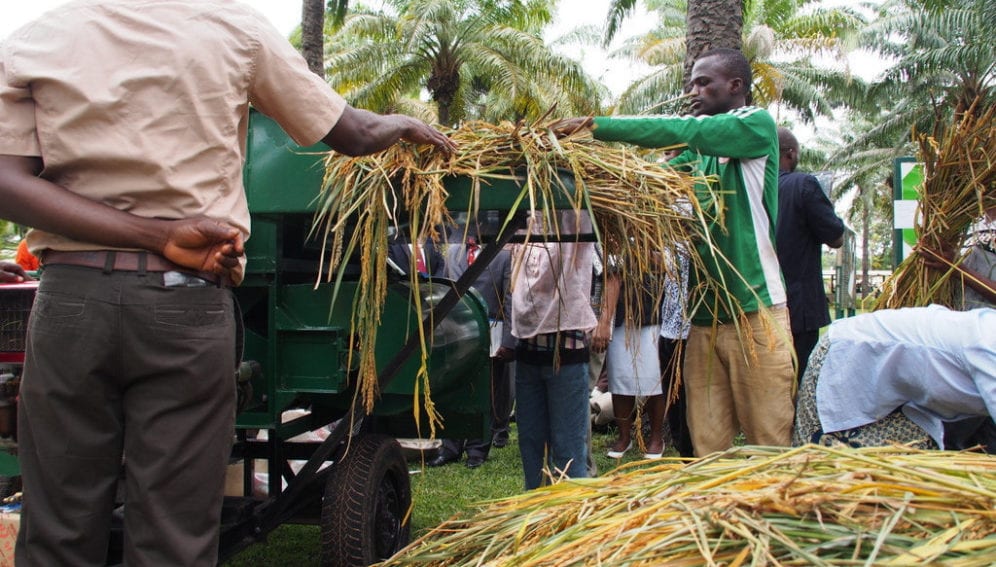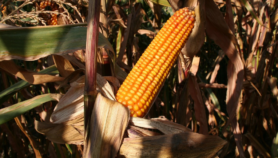Send to a friend
The details you provide on this page will not be used to send unsolicited email, and will not be sold to a 3rd party. See privacy policy.
[COTONOU] Making innovations accessible to rice farmers could boost the crop’s production, reduce its imports and increase food security in Africa, a workshop has heard.
Stakeholders in the rice production sector from Benin and Togo attended Rice Innovation Fair of Scalable Technologies, in Cotonou, Benin, this month (1-2 September) to identify areas of collaboration to help deliver technologies to benefit farmers in rural populations.
The workshop was organised by AfricaRice, a member of the CGIAR consortium.
“All development actors today need to know the most effective innovations that can be used to move the rice sector forward.”
Tiémoko Yo, Food and Agriculture Organization
Participants at the workshop said that transferring technologies and innovations to farmers is necessary for increasing rice production.
Adama Traoré, AfriceRice interim director-general, said: “The technologies and innovations developed should lead us to successfully integrate them and adapt them to local contexts to help boost rice production in Africa”.
Traoré challenged delegates to disseminate innovations in their countries. “Agriculture can really help our countries as long as it is smart agriculture constantly nourished by the efforts of research so that decisions are inspired by science and practice data,” he noted.
Tiémoko Yo, Food and Agriculture Organization representative in Benin, said that there are a lot of innovations and technologies developed which remain unknown to farmers.
“The challenge for research, especially for rice research, is to bring innovations to the users [and decision-makers],” Yo explained. “It's time to take action. All development actors today need to know the most effective innovations that can be used to move the rice sector forward.”
According Moussa Sié, a senior breeder at AfricaRice in Benin, disseminating technologies and innovations is an integral part of research for development.
Daini Tsukahara, the Japanese ambassador to Benin, noted that rice farmers have adopted an innovation called smart valley, which aids in good management of crops and water.
“I am convinced that the dissemination of the technology and know-how on a large scale would certainly increase local rice production, ensure food security and improve the living standards of farmers,” Tsukahara noted.
Eleven technologies were discussed during the workshop, including new rice varieties, a high-capacity thresher for rice, a mobile application called RiceAdvice that provides tips on rice farming, mechanical weeders that could reduce labour in rice production, and a localised farmer advice for nutrient management.
This article has been produced by SciDev.Net's Sub-Saharan Africa desk.














